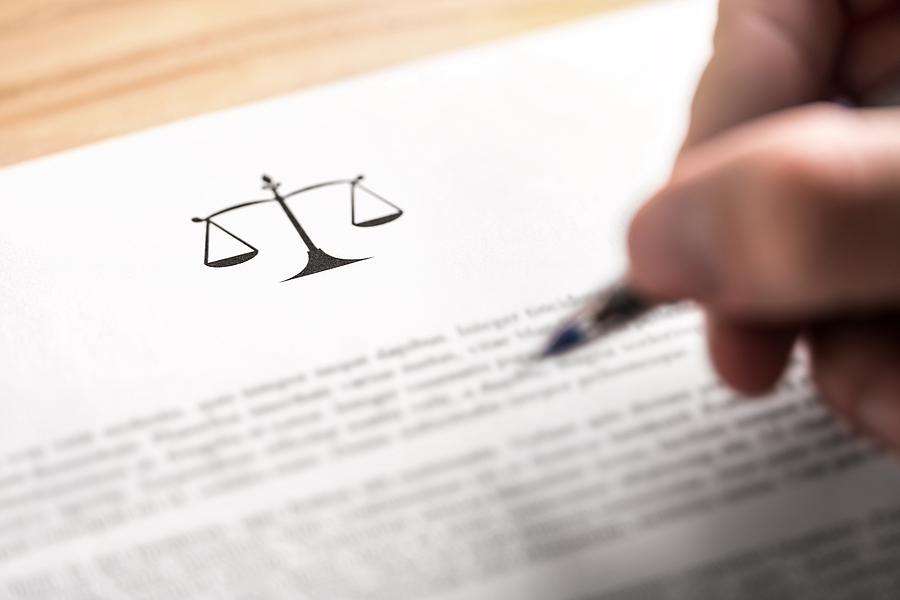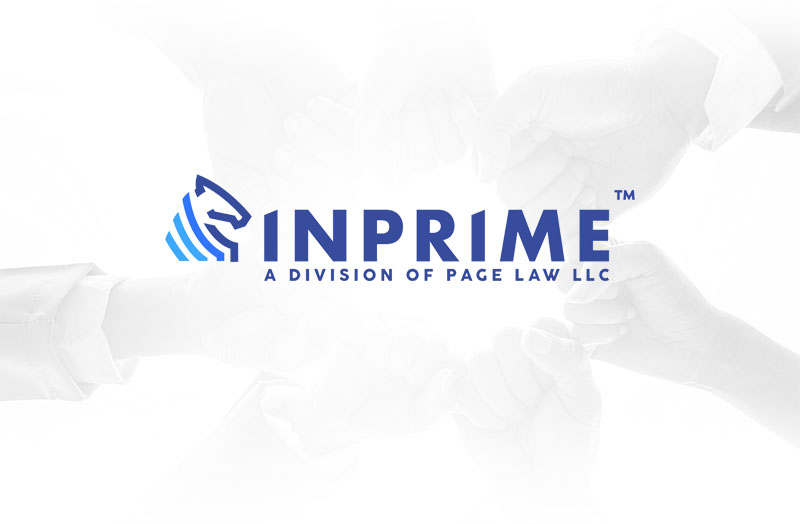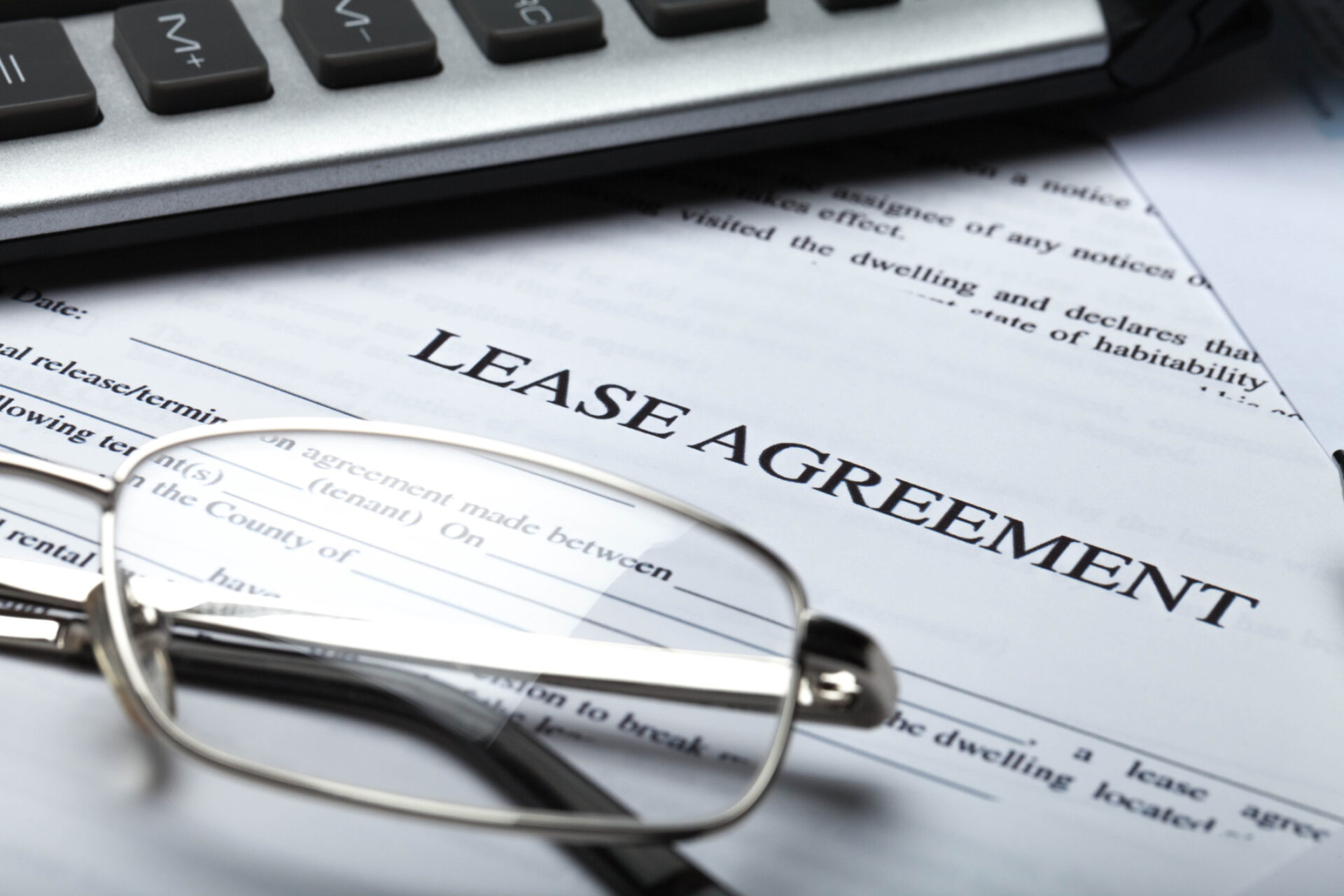How to Create a Comprehensive Commercial Lease Proposal
A commercial lease proposal that includes all the right elements ensures that the leasing business and the potential tenant are on the same page about an agreement even before the actual lease agreement is drawn up. Ensuring such a document is as complete as possible can help protect both entities and is a good business law process to take.
Demand for office and retail space is up in the Atlanta metro area. With more businesses searching for a physical location, it’s important for everyone involved to carefully consider details and ensure leases are a good fit.
If you’re not sure how to create a commercial lease proposal or want some experienced legal eyes on your leases and contracts, find out more about InPrime Essentials and how we can help with your business law needs. In the meantime, learn more about what should go in a commercial lease proposal below.
What Is a Lease Proposal?
A lease proposal is exactly what it sounds like. It’s a proposal that spells out the potential terms of a lease but is not a legally binding document. It lets a potential tenant consider their options and counter with changes they want before they would sign an actual lease.
For the business that owns or manages the property, there are also benefits. A lease proposal helps weed out potential tenants that aren’t a good fit for the lease parameters, as those individuals are likely to “self-select” out of the process once they review the proposal. It also ensures tenants that move forward with the lease process know what they have to sign, reducing any slowdowns and surprises at that point.
Where Does a Lease Proposal Fall in the Commercial Lease Process?
The process may differ for each business, property owner, and situation. However, a common process might look like this:
- A prospective tenant interested in a commercial property reaches out to the owner or property manager to request more information and a lease proposal.
- A lease proposal is created and sent to the prospective lessee.
- The lessee, or potential tenant, commits to the information in the proposal via a written letter.
- The lease is drawn up and signed.
Information Covered by a Commercial Lease Proposal
The lease proposal should include all the information that would be included in the lease. The more comprehensive the lease proposal is, the more effective this tool is in ensuring lease agreements go smoothly.
Here are some of the most important elements to include in a lease proposal:
- Parties of the potential lease. This should include the person or business planning to lease the property, the owners and managers of the property, and the legal entity to which lease payments should be made.
- Whether a guarantor is required. In many cases, commercial leases must be guaranteed by a person (or multiple persons). This is especially true when leasing to smaller businesses or startups that aren’t well established. Lessors may want to ensure that someone specific has guaranteed the lease so they have a person to follow up with via collections activities if lease payments aren’t made. The tenant should make sure to spell any desired limits to the guarantee in the lease proposal. This could include limiting the guarantee to only the first five years of the lease and to only the next 12 months of rent (sometimes referred to as a rolling guarantee).
- A property description. Ensure that the property is described in detail in the lease proposal so there aren’t any misunderstandings about what the potential lease is for. Include details such as square footage, major amenities, access to outdoor spaces and parking lots, and what secondary buildings are included. This becomes especially important in spaces where there are common or shared elements, such as in corporate office buildings or strip malls. Each tenant must be aware of what spaces are solely under their control and what spaces are common areas.
- Intended property use and limitations. Spell out what the lessee is allowed to use the property for. For example, in a corporate office environment, you may state that retail sales are not acceptable. Or you might want to list a number of unsafe activities that should not be allowed on the property.
- Length of the potential lease term. Include the lease terms, such as if the lease will be binding for ten years or for some other period. Include any information about how tenants can buy out of the lease and under what circumstances tenants might break the lease.
- Renewal options. Tenants should make sure to include any options to renew the lease and the terms of any such renewals.
- Tenant Improvement Allowance. If the landlord has agreed to provide the tenant money towards the tenant’s build-out of the space, make sure to include the specifics in the lease proposal. This would include the maximum amount the landlord will pay for, what items the landlord will pay for, and when the landlord will reimburse the tenant.
- Details of lease payments. Indicate the lease amount and how payments should be made.
- Any other fees, such as a security deposit. Detail any other monetary concerns, such as whether you expect a security deposit, what fees or utilities the tenant is responsible for, and when various items should be paid.
- Notice that the proposal is not a binding document. Make sure the lease proposal is clearly labeled and includes verbiage that states it’s not a lease or legally binding agreement. You don’t want to accidentally convey that the lease has been agreed to and that the tenant may now move into the property.
Note that this list is not meant to be comprehensive. There are many other business considerations that may be included in a lease proposal, and these can differ by industry and situation.
Get Legal Help With Contracts and Other Documents, Including Leases
Legal documents of any type, including contracts, leases, business organization paperwork, and legal filings in court cases, should be created and managed with care. They often address very serious matters for the business with potentially large implications for finances and future success.
Working with a legal team experienced in business law can help you ensure your legal documents and other processes are in order. To learn more about how the team at InPrime Legal can help, give us a call at 770-282-8967.















